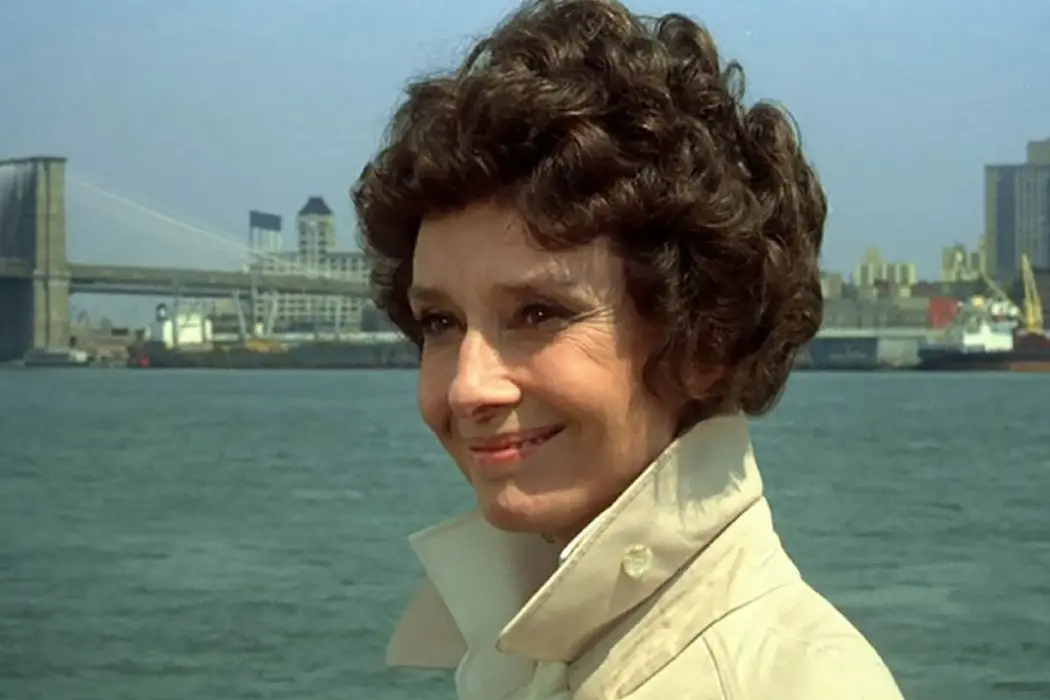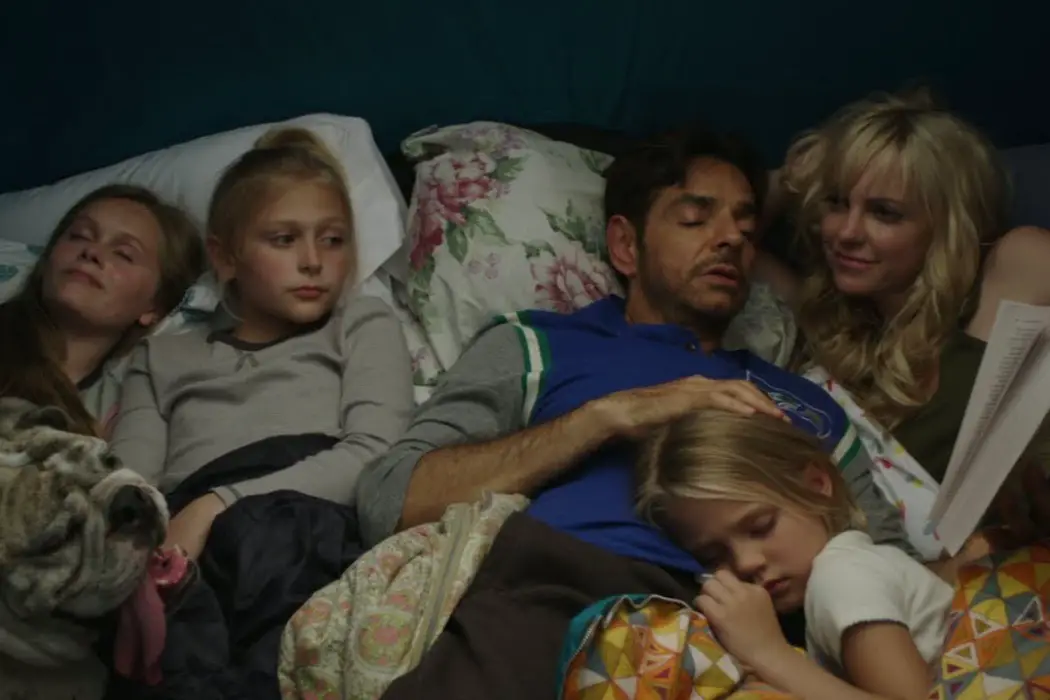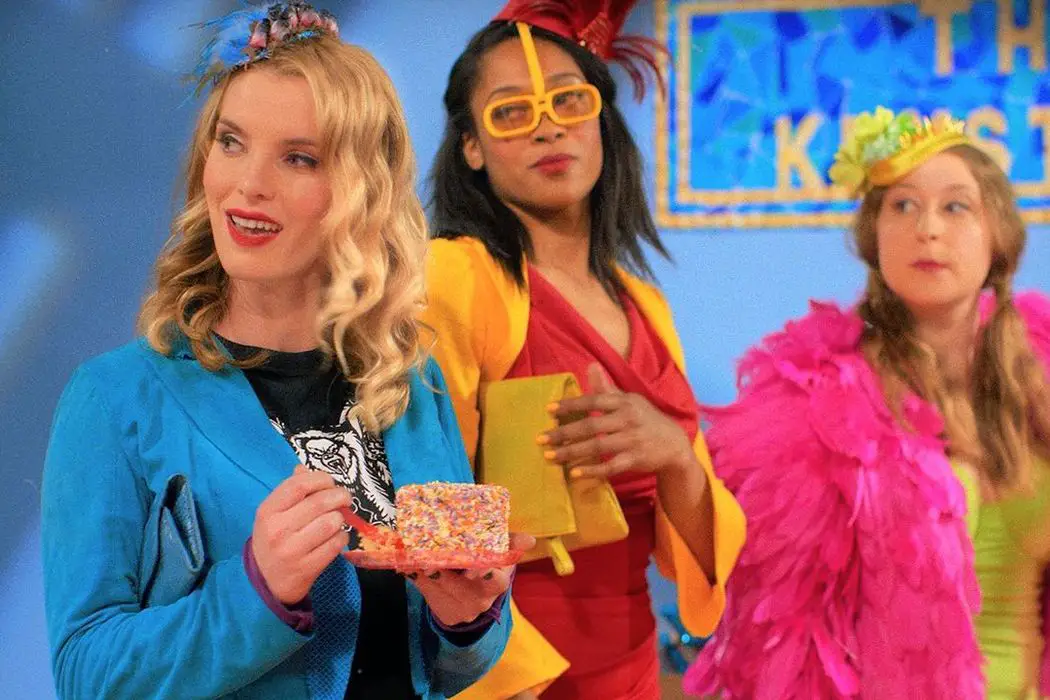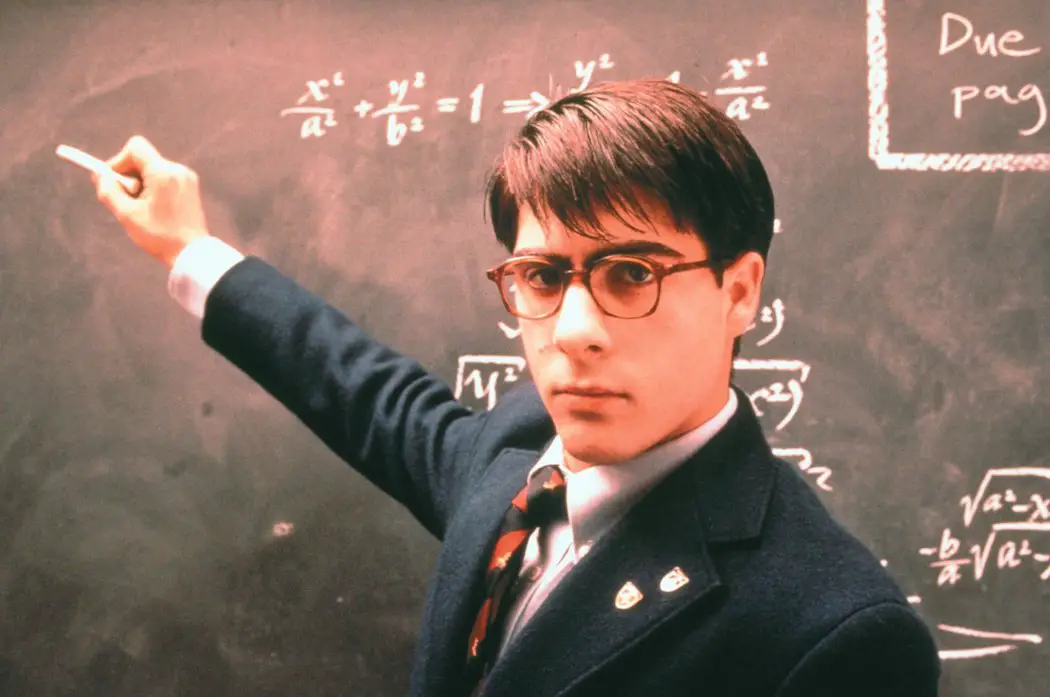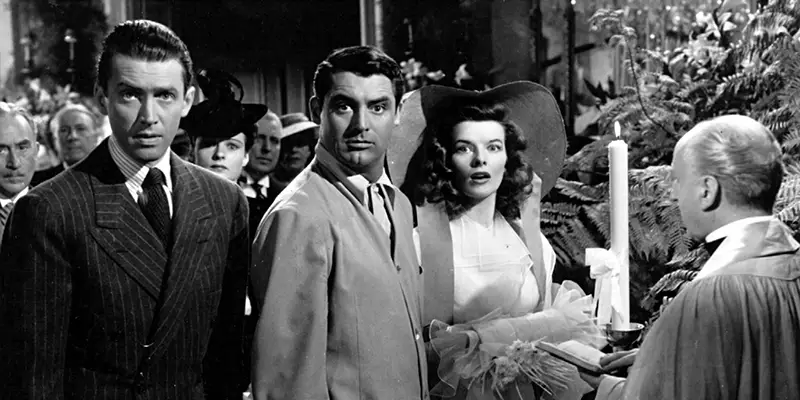screwball
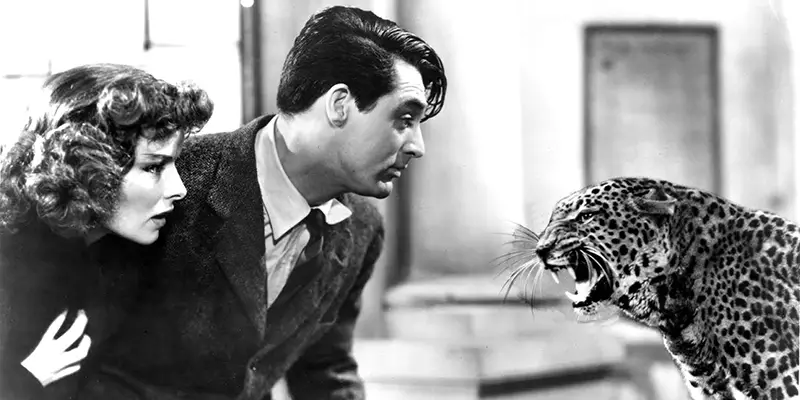
Screwball comedy is a predominantly American film genre popularised during the Great Depression. The golden era of screwball comedy was the 1930s and early 1940s, with hundreds of films being produced and the genre fast becoming one of Hollywood’s most popular. However, from the mid 1940s, evolving circumstances saw it becoming increasingly obsolete, with true screwball comedies beyond the 1960s being few and far between.


